Electronics giant Microsoft announced today that it would be acquiring Activision Blizzard for a $68.7 billion cash deal, bringing games like Call of Duty, World of Warcraft, and Overwatch under the same proverbial roof as Halo and other Xbox legacy titles.
This acquisition means change is in the air for many of Activision Blizzard’s most popular games, not to mention possible additions to the wildly popular Xbox GamePass. Fans of Blizzard’s biggest esports leagues, however, are looking down the pipeline and asking what this will mean for them.
The Call of Duty League and Overwatch League have both had a few rough years thanks to COVID-19 cancellations and various Activision Blizzard missteps, but how will this acquisition change the future for these leagues?
More money, fewer problems?
With Microsoft buying ATVI stock at $95 a share in cash, that’s a boost in available funds no matter what way you look at it. Some of that windfall might make its way to the esports leagues (after the Halo Championship Series takes its share) and fans could see immediate improvements.
More money could mean better production quality, better equipment, and higher-quality broadcasts. Both leagues lost significant income due to COVID-19, thanks to the widespread cancellation of live events, and Microsoft’s investment could give a boost to the leagues’ bottom lines.
The 2022 Call of Duty League season is scheduled to have live events in Dallas, Minnesota, Toronto, and New York for the season’s four majors, while the destination for the CDL Playoffs remains unannounced. This leaves eight organizations within the league that will not host a live event this year, with some teams who have yet to host a single home series since the inception of the league. While this can be chalked up to the difficulty of hosting events amid the COVID-19 pandemic, live events are a staple in esports and something the CoD scene desperately needs more of to get back to its peak.
With the success of the HCS so far, it could be an incentive for Microsoft to invest even more into its esports ecosystem with the CDL and OWL coming on board.
Sponsorship overhauls
In the wake of multiple lawsuits levied at Activision Blizzard due to a “frat boy” culture and allegations of misconduct in July 2021, multiple big-name sponsors pulled their logos from OWL and CDL broadcasts. State Farm and Coca-Cola assessed their relationships with the OWL; Kellogg’s severed ties immediately. ASTRO Gaming also disappeared from the CDL sponsor list.
With Microsoft overseeing the culture of Activision Blizzard during the transition, sponsors may be willing to return to the leagues and expand within Microsoft’s domain. Beyond that, both leagues will likely operate as free advertisement for Microsoft’s holdings, like Xbox and GamePass, filling in the notable gaps that the loss of sponsors created.
Game stability
The current state of the Call of Duty franchise has been well-documented. Many fans remain disappointed in the sheer number of game-breaking bugs within Warzone and Vanguard, while content for both games has been lackluster. Compounding these issues, many of the bugs and glitches remained for multiple weeks.
If Microsoft is able to get the game to be playable on both console and PC with no game-breaking bugs or glitches, it would be a large improvement over its current state.
The competitive community finds itself patiently waiting for competitive support, with Vanguard launching without a ranked playlist. After last year’s disappointing League Play, fans were hopeful for an Elo-based ranked system, but there has been radio silence on the issue. Additionally, the CDL has no third game mode as Control remains a mess.
With Halo Infinite’s successful launch and dedication to the competitive player base showing Microsoft’s commitment to competition, Call of Duty could see an investment in the competitive scene it has not had in years. A ranked system launching with the game, like Halo Infinite, would be a step in the right direction.
Turnover or reconstruction
Considering the company could throw down enough money to purchase Activision Blizzard, Microsoft is obviously good at raking in profits through its acquisitions. Unfortunately for these esports leagues, that may mean massive changes to ensure Microsoft is getting those dollars back.
While an influx of money may solve short-term problems, Microsoft will likely have no qualms about trimming the fat, especially when it fully takes over in 2023. Microsoft Gaming CEO Phil Spencer has already said the merger is focused on the metaverse and the potential of mobile devices; that focus could very well leave esports leagues at the bottom of the food chain.
Possible collaborations
Reconstruction isn’t all bad news, however. As Microsoft acquires Activision Blizzard, it also picks up Major League Gaming (MLG), which Activision bought in 2016. This unites MLG and Esports Engine, which runs Halo Championship Series events. This throws the door wide open for large-scale FPS events that defined the early years of professional esports.
Esports Engine co-founder Adam Apicella is already dreaming of a “massive open bracket” event that brings together classic FPS titles. Others are calling for the return of the MLG Pro Circuit. Microsoft could very well loosen the third-party tournament chokehold Activision Blizzard has held on its titles and give organizers more options to make their esports accessible.


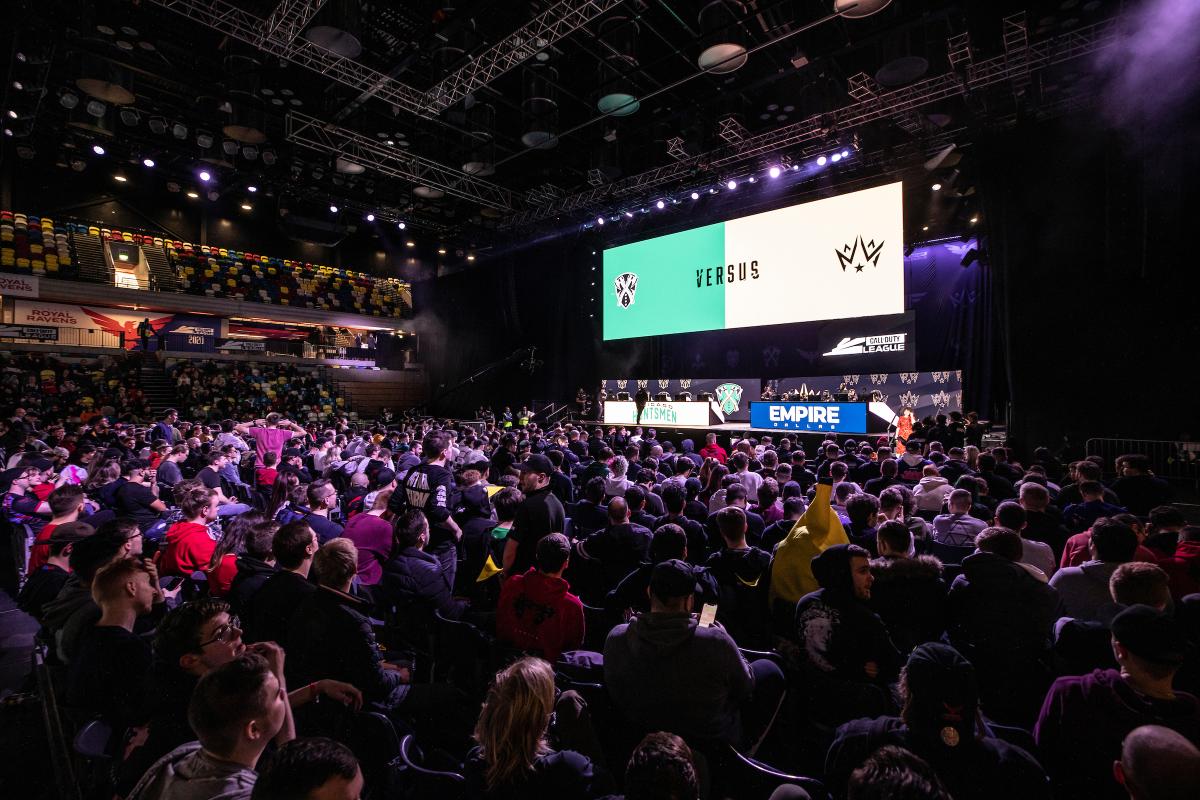

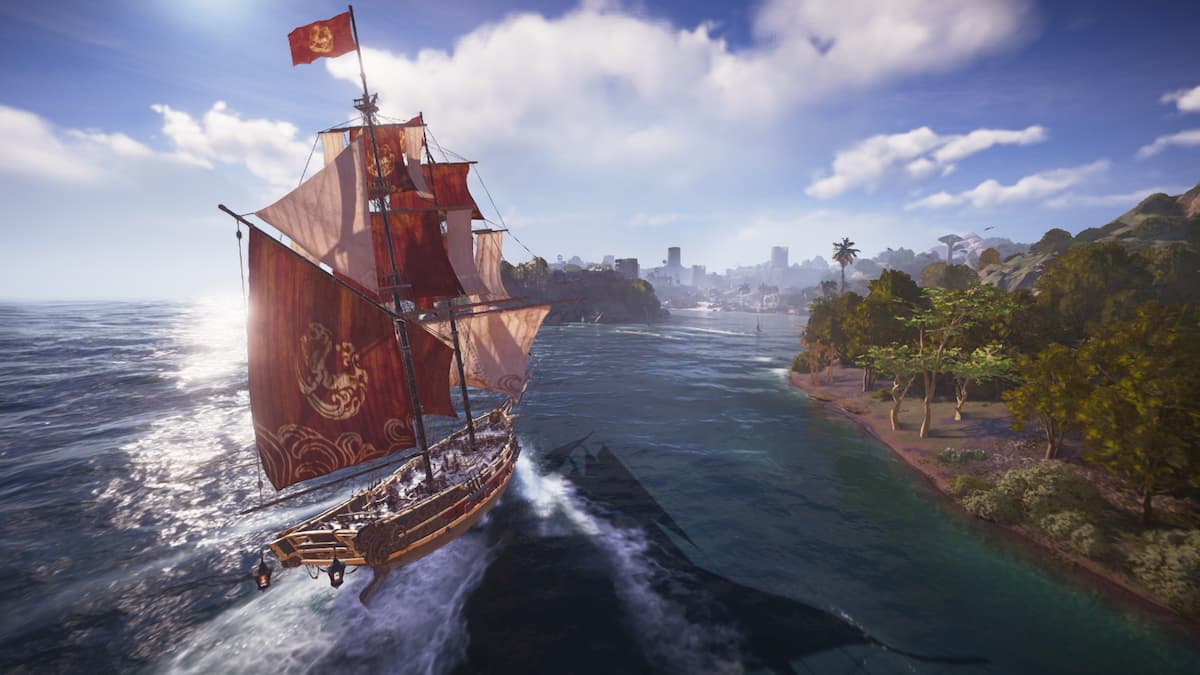

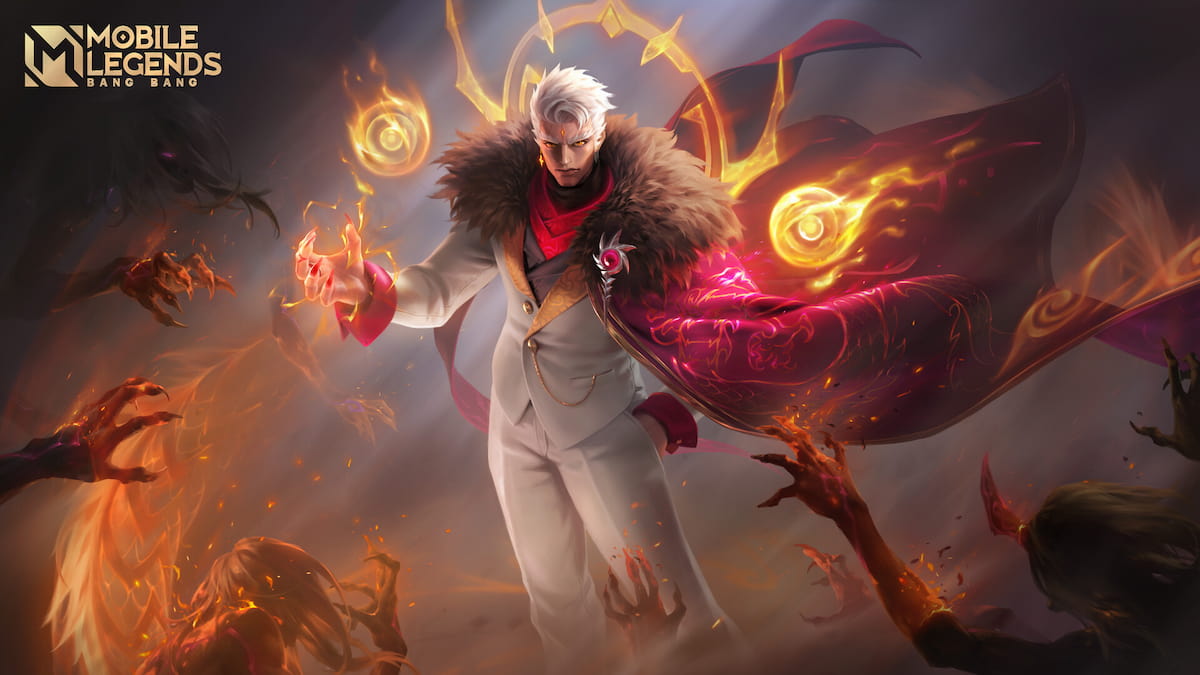
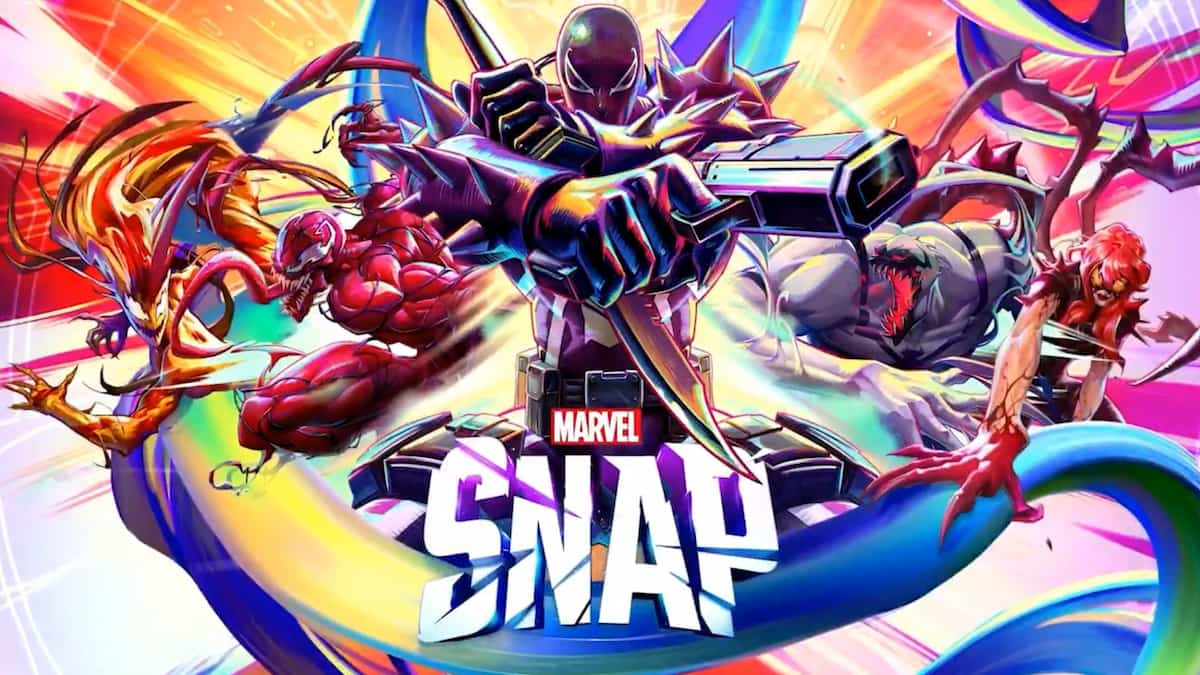


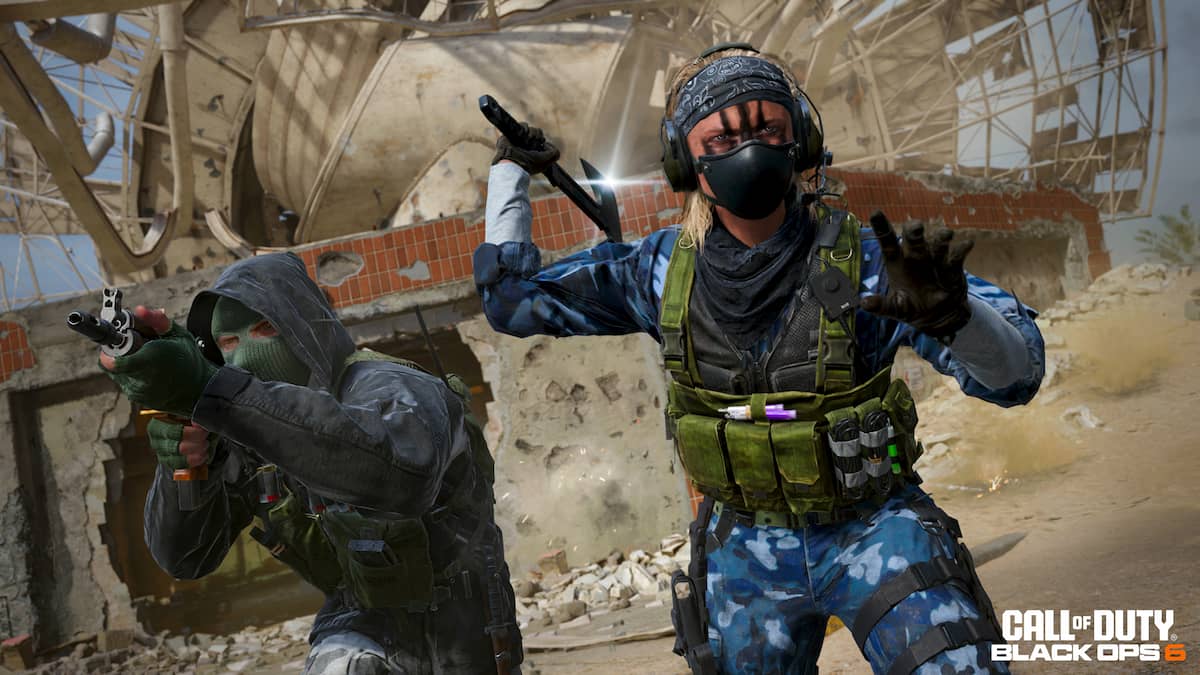
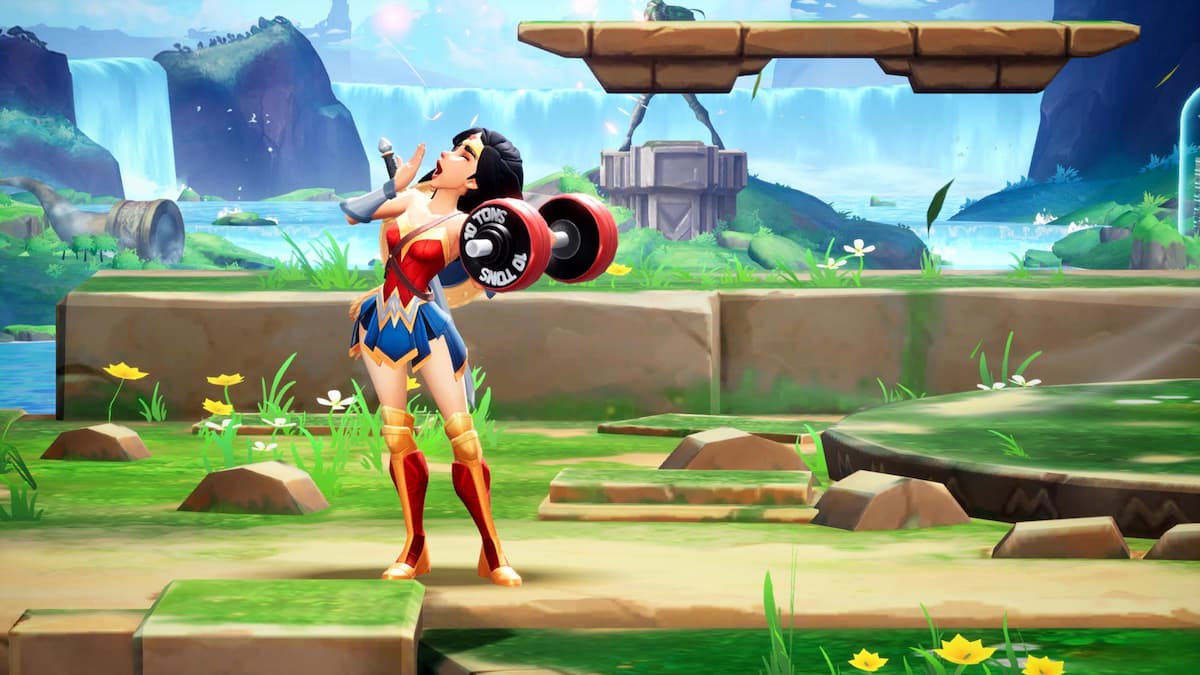
Published: Jan 18, 2022 06:38 pm